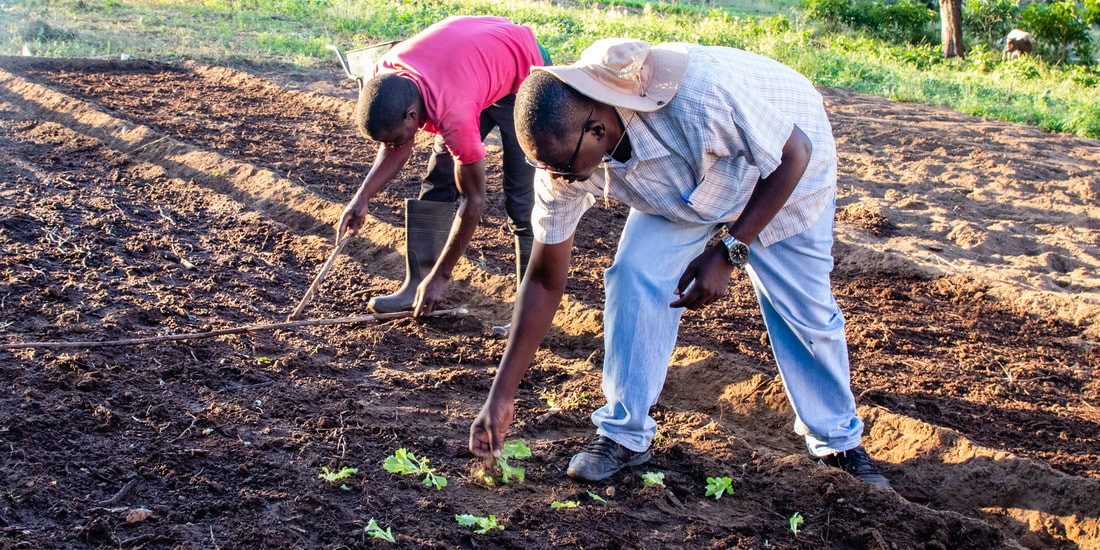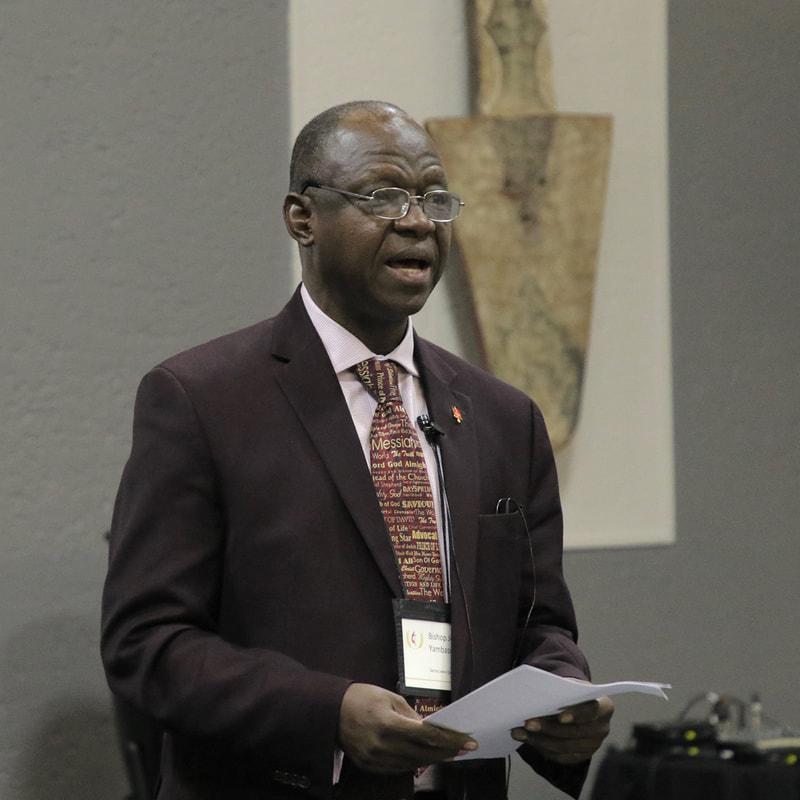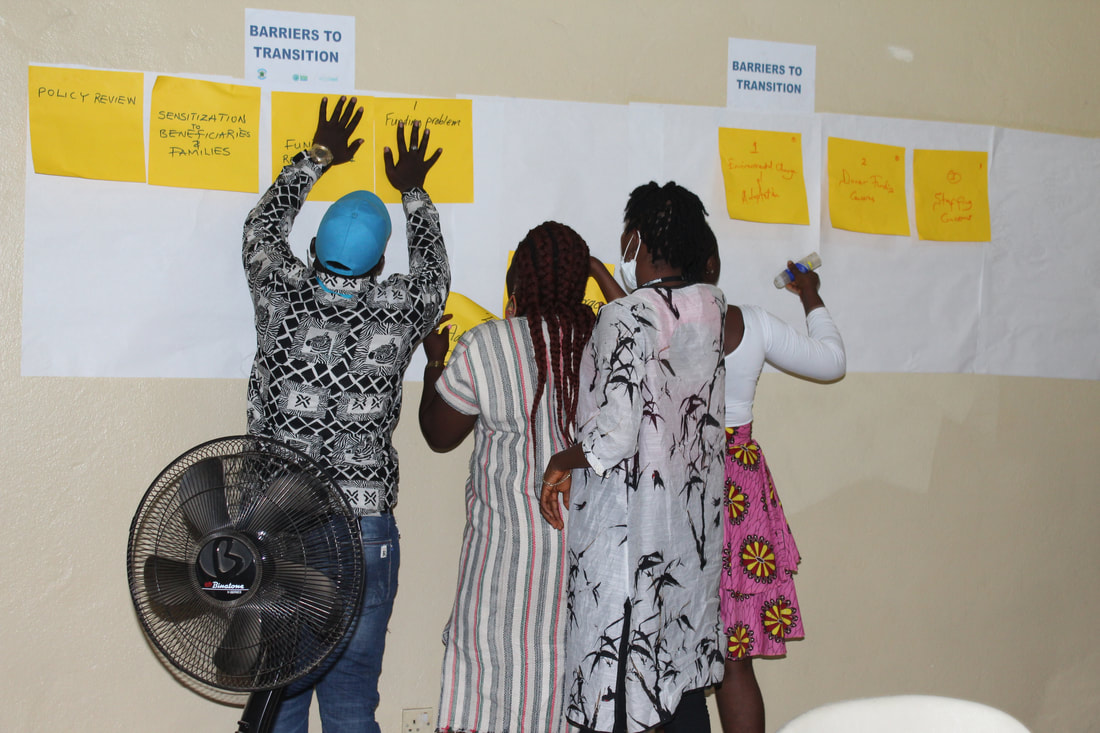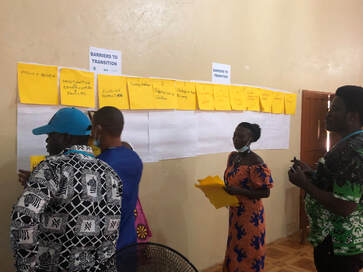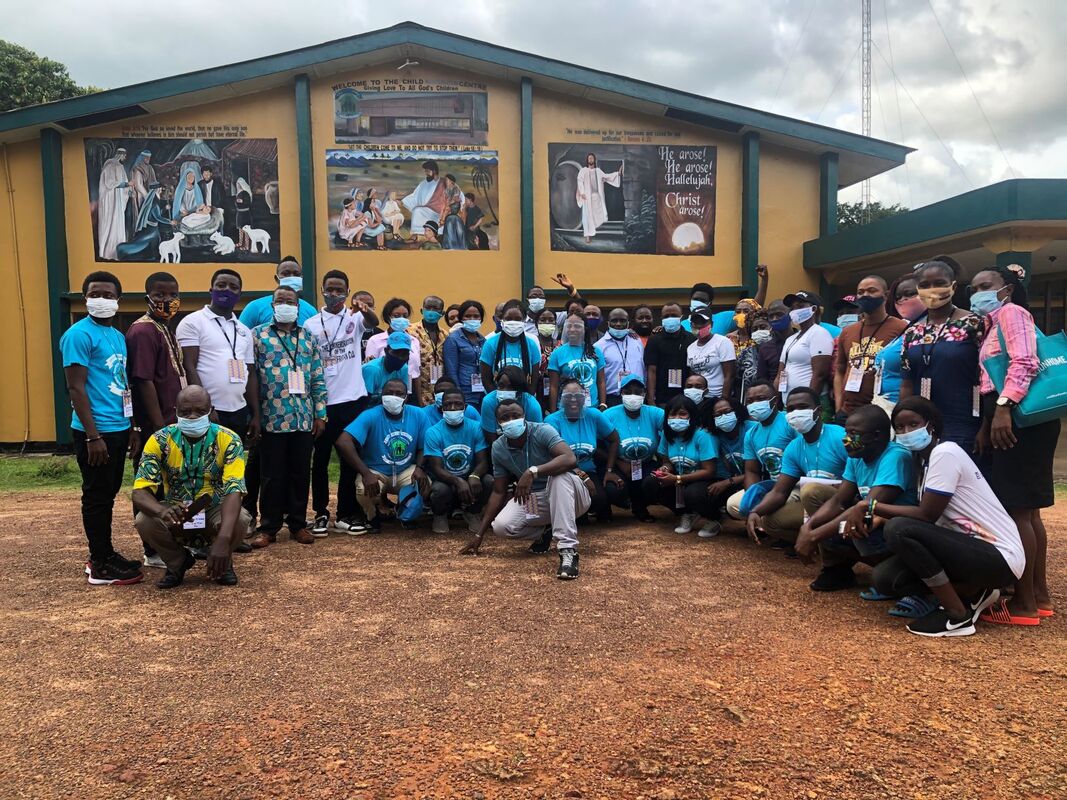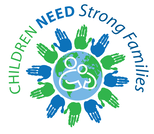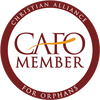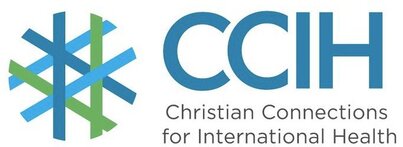|
Global Ministries of the United Methodist Church Press Release An agriculture initiative for Africa launched by the United Methodist General Board of Global Ministries two years ago has been renamed in memory of the late Bishop John K. Yambasu of Sierra Leone. The bishop, who died on August 16, 2020, following a traffic accident in Freetown, was instrumental in starting the effort to improve food security and strengthen farm communities across the continent. Bishop Yambasu was the vice president of Global Ministries, the worldwide mission, relief and development agency of the denomination, and president of the denomination’s Africa College of Bishops. The late Bishop John K. Yambasu speaks to attendees during the ‘Multiplying the Loaves: The Church and Agriculture in Africa” summit held in Johannesburg, South Africa in January 2019. The summit brought over 80 people together in an effort to address topics surrounding Africa’s agricultural sustainability and explore best practices for the future. The designation of the Yambasu Agriculture Initiative came as part of a tribute to the bishop during closing worship at the annual meeting (held virtually) of Global Ministries’ directors on November 12. It was announced by Bishop Hee-Soo Jung, episcopal leader of the Wisconsin area and president of the board. “The naming of this important agricultural ministry in honor of our colleague recognizes his strong commitment to the eradication of hunger and to the economic improvement of the farm communities across Africa. He presided at the initiative’s first meeting in Johannesburg in 2018.” The work of the Bishop Yambasu Agriculture Initiative will evolve from a pilot project underway in Sierra Leone, according to Roland Fernandes, general secretary of Global Ministries and the United Methodist Committee on Relief (UMCOR). “The naming of the Agriculture Initiative for him allows us to continue and honor Bishop Yambasu’s legacy of commitment to farmers in Africa,” Fernandes said. “It also provides a way for us to accompany farmers as they strive to support themselves and their communities. It extends our efforts to connect the church in mission through care of the creation and sustainable development.” Bishop Joaquina Nhanala, resident bishop of the Mozambique Episcopal Area, was appointed by the Council of Bishops to the board of directors and will serve as vice president of Global Ministries. To support this initiative or to make a gift in Bishop Yambasu’s honor, visit https://umcmission.org/advance-project/982188/. The late Bishop John K. Yambasu speaks to attendees during the ‘Multiplying the Loaves: The Church and Agriculture in Africa” summit held in Johannesburg, South Africa in January 2019. The summit brought over 80 people together in an effort to address topics surrounding Africa’s agricultural sustainability and explore best practices for the future. PHOTO: Anthony Trueheart
0 Comments
CRC's inaugural 2-Day Workshop praised by Sierra Leone government, participating organizations10/21/2020 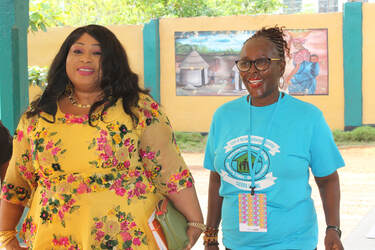 Minister Manty Tarawalli and CRC Director Olivia Fonnie. Minister Manty Tarawalli and CRC Director Olivia Fonnie. Submitted by David T. Musa, Senior Consultant to the Training, Coaching and Mentoring Department The Child Reintegration Centre's new Transition Coaching and Mentoring Department (TCM) successfully hosted the first 2-Day Workshop on Family Reintegration in collaboration with 1MillionHome and Helping Children Worldwide. Fifty practitioners and government leaders attended to learn how to move orphaned and abandoned children out of institutions and place them back into families, and help those families become stable and self-sufficient. Sierra Leonean Minister of Gender and Children’s Affairs Manty Tarawalli opened the workshop with her commitment to collaborate with the CRC to reintegrate children with families, both from the streets and institutions in Sierra Leone. UMC-SLAC Dean of Cabinet Rev. Francis B. Charley offered the opening prayer and a statement on behalf of the conference. Minister Tarawally thanked the CRC for helping other organizations transition to a family-based model of care that will benefit not only the child, but the family. She said that this is the one of the priorities of the Ministry under the new government. “I feel honored to stand here as the minister and looking forward to continue working with all partners to help create a truly effective children’s protection system,” she concluded. Four key presentations were offered on day one by the CRC staff and by HCW representative Mohamed Nabieu. One of the activities that captured the minds of participants was the "Barriers to Transition." In this activity, everyone was asked to make a list of barriers and challenges they think they will face when transitioning from a residential care model to family/community based care model, and these barriers were posted on the gallery for reference on day two. After going through this presentation, participants were amazed to see that most of what they have been seeing as barriers can be overcome, once they are determined to make the transition. The activity concluded on day two when the participants went through the gallery to put a sticker on what they no longer see as a barrier. Mr. Kanneh from SOS Children’s Village observed that "Our donors have not thought of changing our model of care to a family based care model, but when we the staff think of such, we have this constant fear of losing our jobs if the orphanage is closed. But after going through this presentation I have the conviction today that we will be open to more opportunities once we transition, and this will be good for the children as well."
The presentations continued on day two with the "3 R's:" Reintegrate and Reunify, Repurpose and Refocus, co-presented by CRC Director Olivia Fonnie and TCM Department head David Musa. After the 3 R's presentation, Rev. Sahr Yiaba of Love One Another said, "We now know that the best place to raise a child is in the family or community, wherein the entire family benefits from whatever support is given from an institution. And we hope to work strongly together to achieve this common goal together.” At the end of day two, participants were asked to suggest ways of staying together as a community of practice. Various ideas were suggested such as forming a Whatsapp group, regular phone conversations, meetings at suggested times, and connecting to the TCM department for coaching opportunities. This workshop concluded with evaluation forms by participants, snapshots, distribution of TCM flyers and distribution of transportation refunds. The TCM department will continue connecting with the participants and coaching them through the transition process. 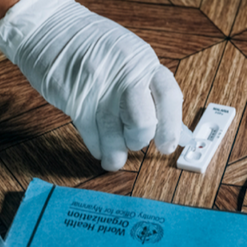 Catherine, aged 50, came to the hospital with classic malaria symptoms of malaise, anorexia, headache, body pain, and vomiting. She was treated with intravenous drugs and rehydration, and discharged in satisfactory condition within a few days. Sierra Leone has one of the highest burdens of malaria in the world, according to UNICEF. The country's entire population is at risk of the disease and it is one of Sierra Leone’s leading causes of death and illness. Malaria is the reason behind nearly four in ten hospital consultations countrywide. Through in-hospital treatment and village outreach, Mercy Hospital treats hundreds of children and adults for severe malaria infection every month. 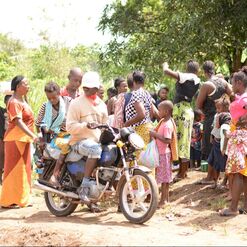 "Okada" motorbikes are the primary mode of transportation in Sierra Leone. "Okada" motorbikes are the primary mode of transportation in Sierra Leone. Sierra Leone ranks 21st in the world for deaths due to road accidents, so it's not surprising that many Mercy Hospital patients are victims of traffic injuries. The main mode of transportation are the ubiquitous "okadas" or hired motorcycles, which are often involved in serious and sometimes fatal accidents. Lansana was brought to Mercy Hospital by his family after the okada he hired collided with another. The bike rode over his ankle and he was bleeding profusely when he arrived. The surgical team repaired the damaged tissues and mobilized his foot. He was released to his family in satisfactory condition. "Words cannot express my gratitude to the team for saving my foot," Lansana said. "To God be all praises and honor." 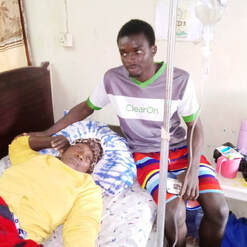 Dr. Aruna Stevens says that the most prevalent condition he sees at Mercy is metabolic disease, which he believes is caused by poor diet and lack of health information among a predominantly poor and illiterate population (read more in our Summer 2020 Magazine.) Agnes, aged 60, had already been diagnosed with hypertension, but came to the hospital because of sudden weight loss, frequent urination, and increased thirst, indicating diabetes. Mercy's health education department prescribed medication, diet and exercise, and she was discharged with normal glucose. "I have always counted on the hospital for their professionalism," Agnes said. 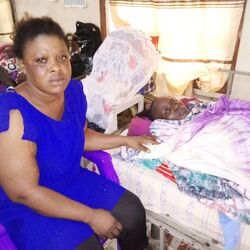 Hawa was suffering from severe abdominal pain and distention, as well as difficulty breathing. She was diagnosed with hepatomegaly, or enlarged liver. She received medication to reduce liver toxicity, as well as a blood transfusion. She was discharged with instructions on lifestyle change to improve her health. Hepatomegaly is another metabolic disease that is commonly seen at Mercy Hospital, typically caused by severe malaria, chronic hepatitis or alcohol abuse. |
Follow us on social media
Archive
July 2024
Click the button to read heartfelt tributes to a beloved Bishop, co- founder of our mission!
Post
|
Helping Children Worldwide is a 501 (c) 3 nonprofit organization | 703-793-9521 | [email protected]
©2017 - 2021 Helping Children Worldwide
All donations in the United States are tax-deductible in full or part. | Donor and Privacy Policy
©2017 - 2021 Helping Children Worldwide
All donations in the United States are tax-deductible in full or part. | Donor and Privacy Policy

